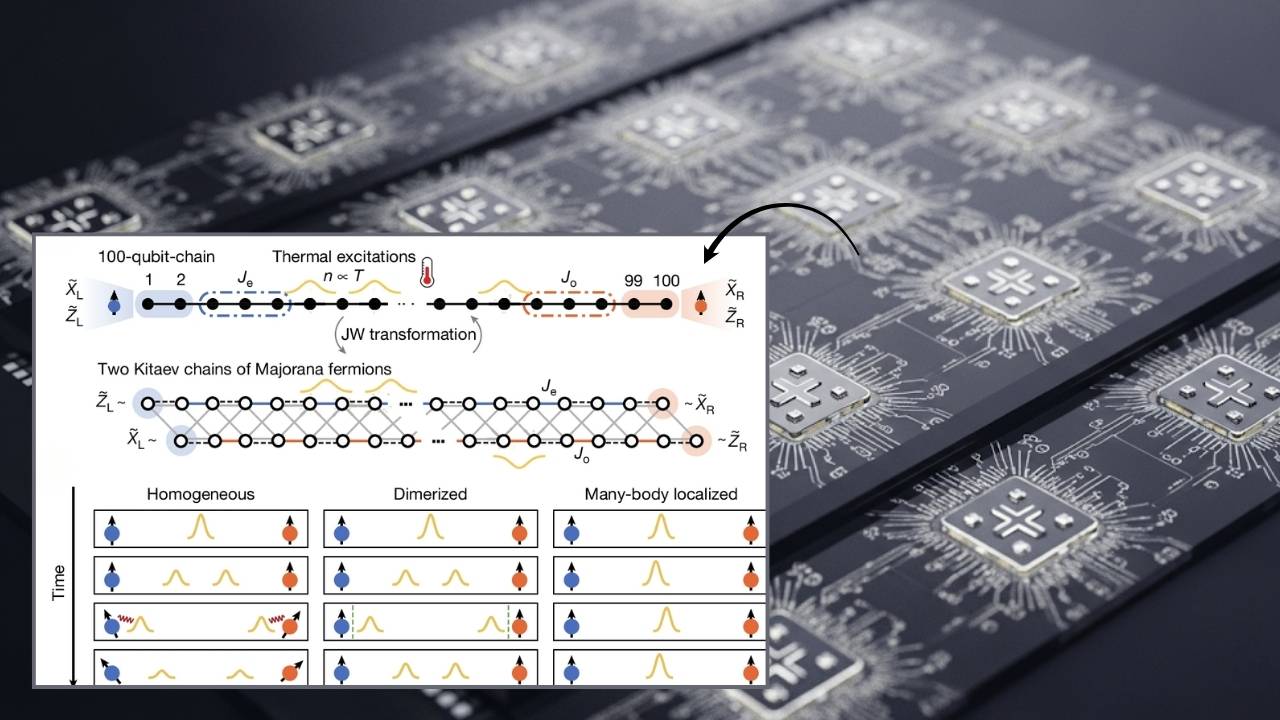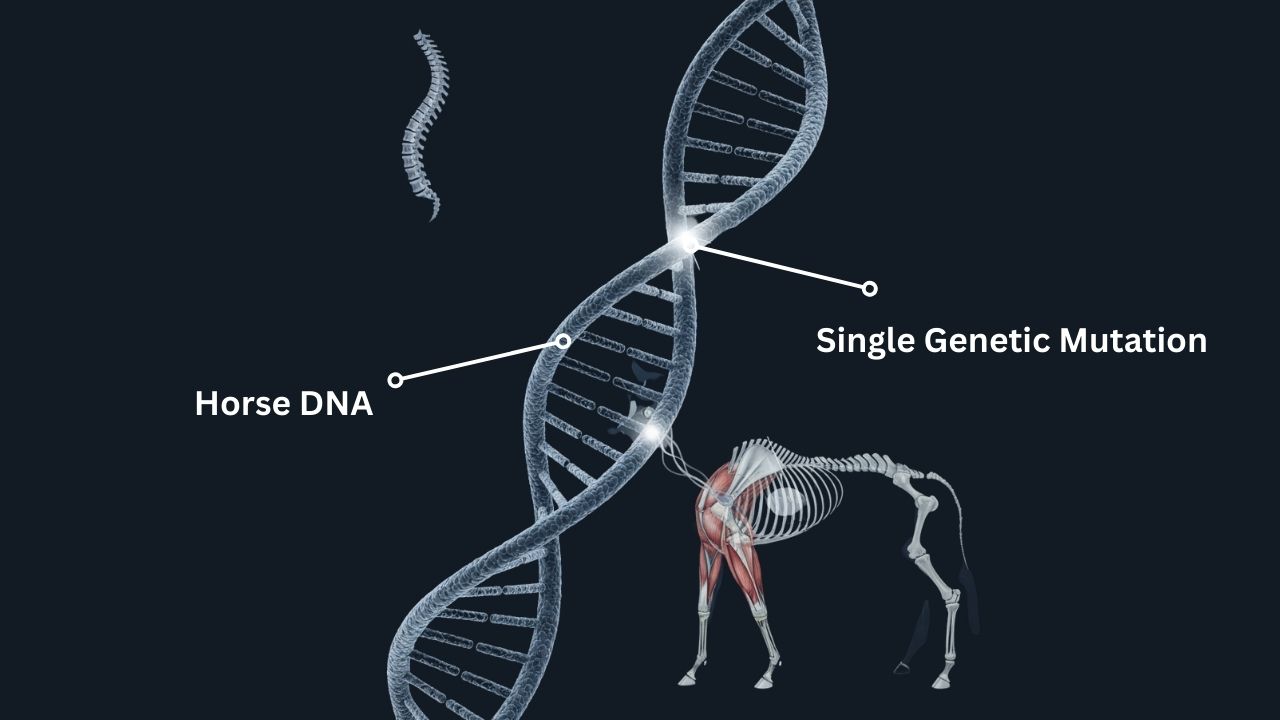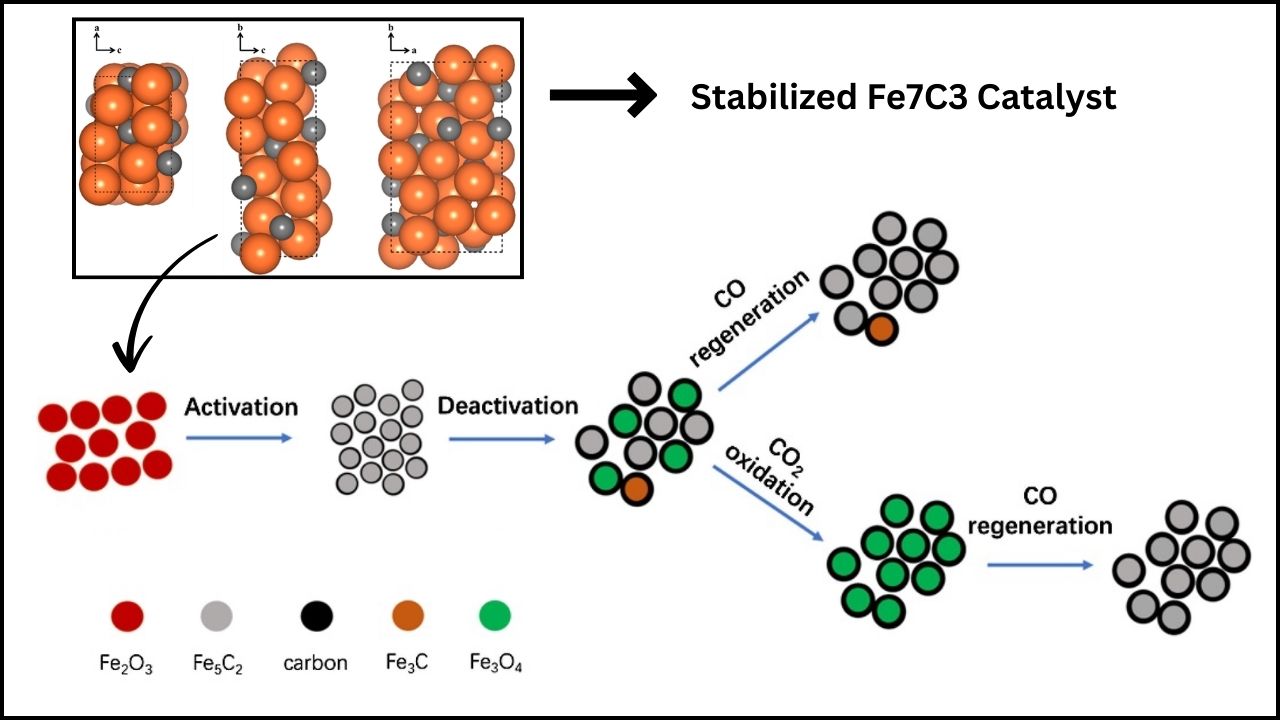Google’s AlphaGenome AI predicts genetic mutations with unmatched precision—a breakthrough that’s transforming how we understand DNA, disease, and the future of medicine. Developed by DeepMind, a division of Google, AlphaGenome is already being recognized as a game-changer in genetics, biomedical research, and personalized healthcare.
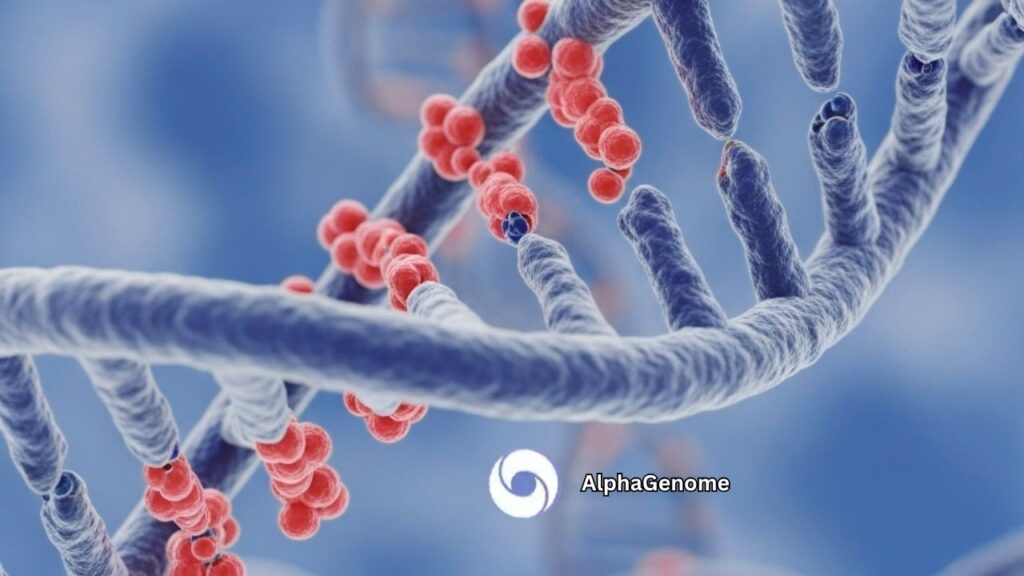
Imagine your DNA as a massive instruction manual. Sometimes, a single typo—a genetic mutation—can change how your body works. Some of these “typos” are harmless, but others can cause diseases or even protect you from them. Until recently, figuring out which mutations matter was incredibly difficult, especially in the vast “non-coding” regions of DNA. AlphaGenome is changing all that, making it possible to predict the effects of these mutations with a level of detail and accuracy never seen before.
Google’s AlphaGenome AI Predicts Genetic Mutations With Unmatched Precision
| Feature/Stat | Details |
|---|---|
| Launch Date | June 2025 |
| Developer | Google DeepMind |
| Input Capacity | Up to 1 million DNA base pairs at once |
| Focus Areas | Both coding (2%) and non-coding (98%) regions of the genome |
| Key Use Cases | Disease research, drug discovery, gene regulation studies, synthetic biology |
| Model Architecture | Combines convolutional neural networks (CNNs) and transformer layers |
| Training Data | ENCODE, GTEx, 4D Nucleome, FANTOM5 (human and mouse cell types) |
| Performance | Outperformed previous models in 24/26 variant effect prediction benchmarks |
| Access | Research API (non-commercial use) |
| Official Website | DeepMind AlphaGenome |
Google’s AlphaGenome AI is a major leap forward in genomics, offering scientists and professionals a powerful new way to predict the effects of genetic mutations with unmatched precision. By making sense of both the well-known coding regions and the mysterious non-coding “dark matter” of our DNA, AlphaGenome is set to accelerate discoveries in disease research, drug development, and beyond. While it’s not yet ready for clinical use, its impact on research is already profound—and the future possibilities are even more exciting.
What Is AlphaGenome and Why Is It Important?
AlphaGenome is an artificial intelligence (AI) model designed to predict how changes in your DNA—called genetic mutations—affect the way your genes work. This is a big deal because while only about 2% of your DNA actually codes for proteins, the other 98% (the “non-coding” regions) plays a huge role in turning genes on or off, controlling how much protein is made, and more.
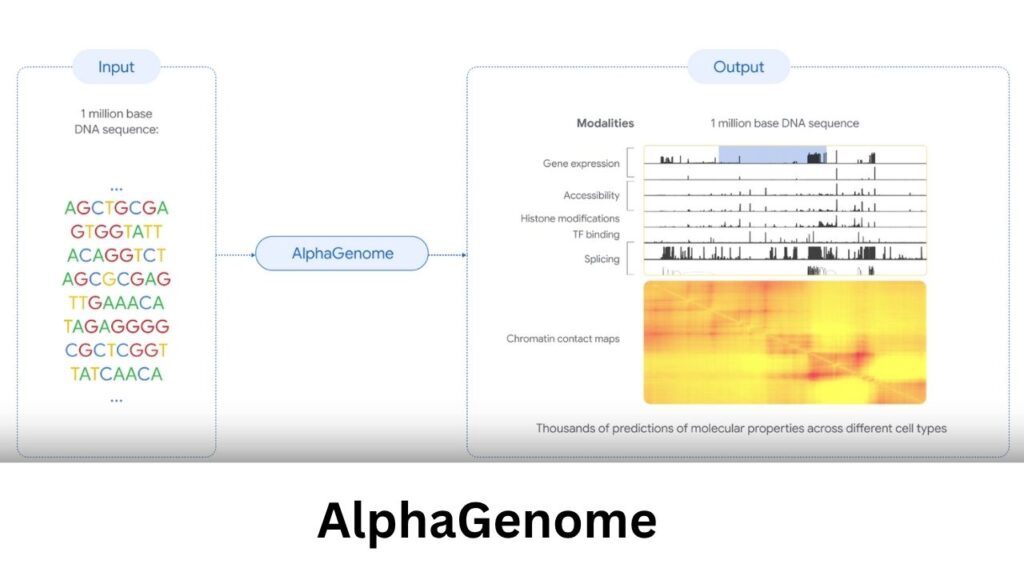
Many diseases, including cancer and rare genetic disorders, are linked to mutations in these non-coding regions, but until now, scientists struggled to understand their effects.
Why Do Mutations Matter?
- Mutations are small changes in the DNA sequence. Some are harmless, but others can cause diseases or affect how your body responds to medicines.
- Coding mutations can change the structure of proteins, sometimes leading to diseases.
- Non-coding mutations can affect when, where, and how much of a protein is made, often in ways that are hard to predict.
AlphaGenome helps researchers see the big picture, analyzing both types of mutations and predicting their effects across different cell types and biological processes.
How Does AlphaGenome Work?
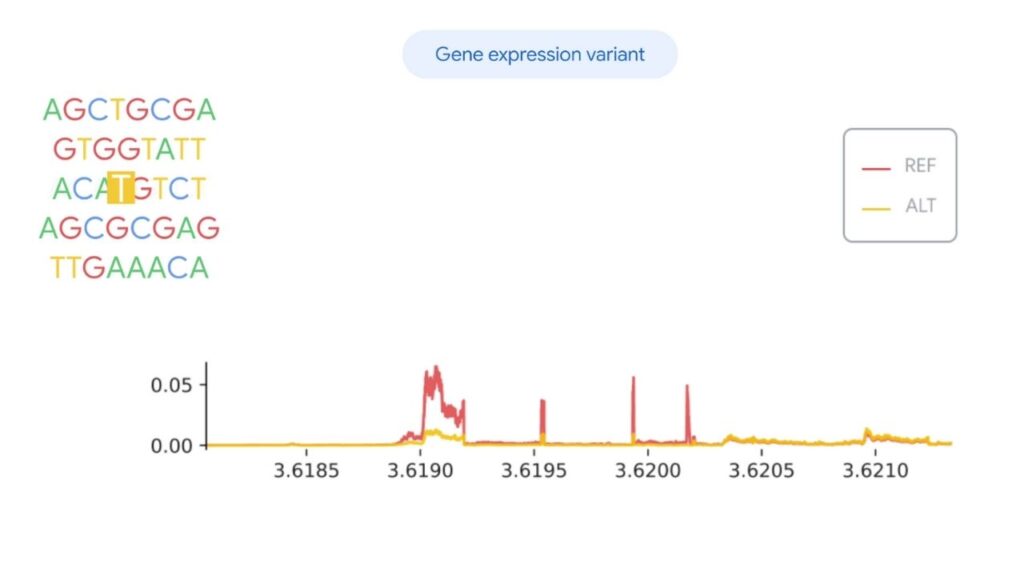
AlphaGenome uses a combination of advanced AI techniques to analyze up to 1 million DNA letters (base pairs) at once. Here’s how it stands out:
1. Unified, All-in-One Model
- Traditional Approach: Researchers used several tools to study different aspects of gene regulation, often focusing only on small pieces of DNA or specific types of mutations.
- AlphaGenome’s Approach: It combines all these capabilities into a single model, making it faster and more comprehensive. It can predict effects on gene expression, RNA splicing, chromatin accessibility, and protein binding—all at once.
2. Advanced Architecture
- Convolutional Neural Networks (CNNs): Detects short DNA patterns, like finding words in a sentence.
- Transformers: Understands long-range interactions, like grasping the meaning of a whole paragraph or story.
- Training Data: Trained on massive public datasets from ENCODE, GTEx, 4D Nucleome, and FANTOM5, which contain detailed measurements from many human and mouse cell types.
3. High-Resolution Predictions
- Base-pair Resolution: AlphaGenome can analyze DNA at the single-letter level, revealing exactly how a mutation changes gene activity.
- Multi-Modal Output: Predicts thousands of molecular properties, such as where a gene starts and ends, how RNA is spliced, and how proteins interact with DNA.
4. Focus on Non-Coding Regions
- 98% of DNA: Most of our genome doesn’t code for proteins, but these regions control when and how genes are used. AlphaGenome is specially designed to interpret these “dark matter” regions, which are often linked to complex diseases.
The Science Behind AlphaGenome: A Deep Dive
Understanding the Genome
The human genome contains over 3 billion DNA base pairs. Only about 20,000 genes code for proteins, but the rest of the genome—once called “junk DNA”—is now known to play crucial roles in regulating gene activity.
The Challenge of Variant Interpretation
- Variant Effect Prediction: With millions of possible genetic variants in every person, it’s a huge challenge to know which ones matter. Existing tools could only look at small regions or specific types of mutations.
- Long-Range Effects: Some mutations affect genes located far away on the DNA strand, making them hard to spot with traditional models.
AlphaGenome’s Solution
AlphaGenome can analyze sequences up to 1 million base pairs long, capturing both local and distant effects. Its architecture allows it to understand how different parts of the genome interact, providing a more complete picture of gene regulation.
Real-World Examples: AlphaGenome in Action
Predicting Cancer-Linked Mutations
In early tests, AlphaGenome was used to study a mutation linked to leukemia. The model accurately predicted that this mutation would activate a nearby gene called TAL1 by introducing a new DNA binding site, confirming what scientists had previously observed in the lab.
Understanding Splicing Errors
Many genetic diseases are caused by errors in RNA splicing—the process that edits RNA messages before they are turned into proteins. AlphaGenome can directly model these splice junctions, helping researchers pinpoint mutations that disrupt this process.
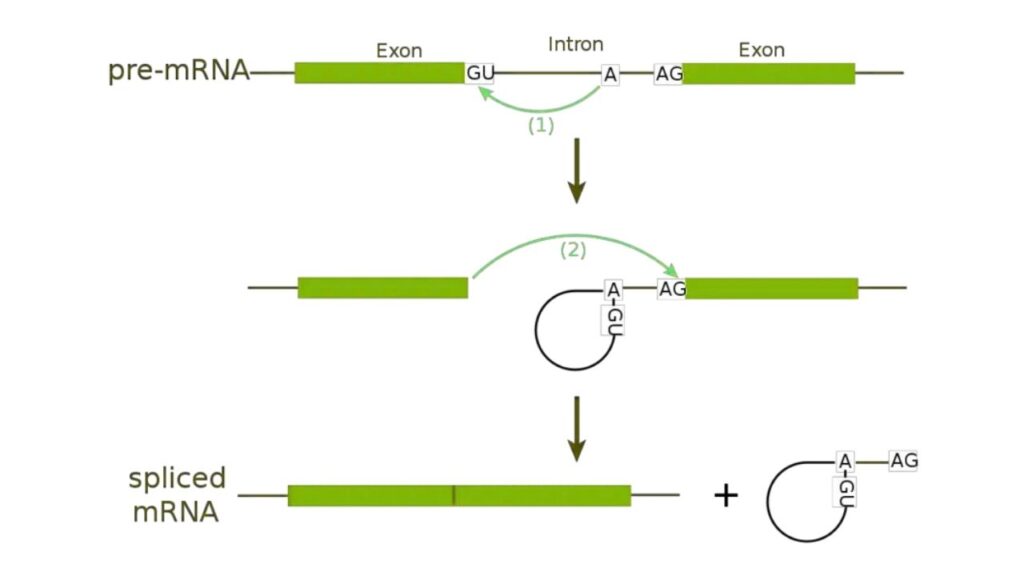
Accelerating Drug Discovery
By predicting how mutations affect gene regulation, AlphaGenome can help identify new drug targets and speed up the development of personalized therapies. For example, pharmaceutical companies can use AlphaGenome to prioritize which genetic variants to study in the search for new treatments.
Practical Advice: How Can Researchers and Professionals Use AlphaGenome?
For Researchers
- Variant Interpretation: Use AlphaGenome to prioritize which mutations to study further, especially in large-scale genome projects or disease studies.
- Functional Genomics: Analyze how non-coding mutations might contribute to diseases like cancer, diabetes, or neurological disorders.
- Synthetic Biology: Design new genetic circuits by predicting the effects of engineered mutations.
For Healthcare Professionals
- Personalized Medicine (Future Potential): While not yet approved for clinical use, tools like AlphaGenome could one day help doctors understand a patient’s unique genetic risks and tailor treatments accordingly.
- Genetic Counseling: Provide more accurate information to families about the potential effects of rare or unknown mutations.
For Students and Educators
- Learning Resource: AlphaGenome’s predictions can be used to illustrate how DNA mutations affect gene function, making genetics more accessible and engaging.
Step-by-Step Guide: How AlphaGenome Works
- Input DNA Sequence: Researchers provide a DNA sequence (up to 1 million base pairs).
- Model Analysis: AlphaGenome analyzes the sequence using its AI architecture, comparing normal and mutated versions.
- Prediction Output: The model predicts how the mutation affects gene expression, splicing, protein binding, and more.
- Interpretation: Scientists use these predictions to guide experiments, prioritize variants, or design new studies.
AlphaGenome’s Broader Impact on Science and Medicine
Transforming Disease Research
AlphaGenome can help researchers quickly identify which genetic variants are most likely to cause disease, making it easier to focus on the most promising leads. This could shorten the time it takes to discover new disease genes and understand how they work.
Enabling Precision Medicine
As more is learned about how individual genetic variants affect health, AlphaGenome could play a key role in the development of precision medicine—treatments tailored to a person’s unique genetic makeup.
Supporting Global Health Initiatives
AlphaGenome’s ability to analyze large-scale genetic data could help researchers around the world study genetic diseases in diverse populations, improving our understanding of health and disease on a global scale.
Google Research Warns Quantum Computing Could Crack Bitcoin Encryption Sooner Than Expected
Coupang Rebrands Its AI Cloud Service With a Fresh Focus on Speed and Enterprise Integration
FAQs About Google’s AlphaGenome AI Predicts Genetic Mutations With Unmatched Precision
What makes AlphaGenome different from previous AI models?
AlphaGenome is the first model to combine high-resolution, long-range DNA analysis in a single tool, covering both coding and non-coding regions of the genome.
Can AlphaGenome be used for clinical diagnosis?
No, AlphaGenome is currently available for research use only and is not approved for clinical diagnosis. However, its predictions can help guide future clinical research.
How accurate is AlphaGenome?
In benchmark tests, AlphaGenome outperformed or matched the best existing models in 24 out of 26 tasks for predicting the effects of genetic variants.
What diseases can AlphaGenome help study?
AlphaGenome is especially useful for diseases linked to gene regulation, such as cancer, neurological disorders, and inherited genetic conditions.
How can I access AlphaGenome?
Researchers can access AlphaGenome via a research-focused API. Visit the official DeepMind AlphaGenome page for more details.




